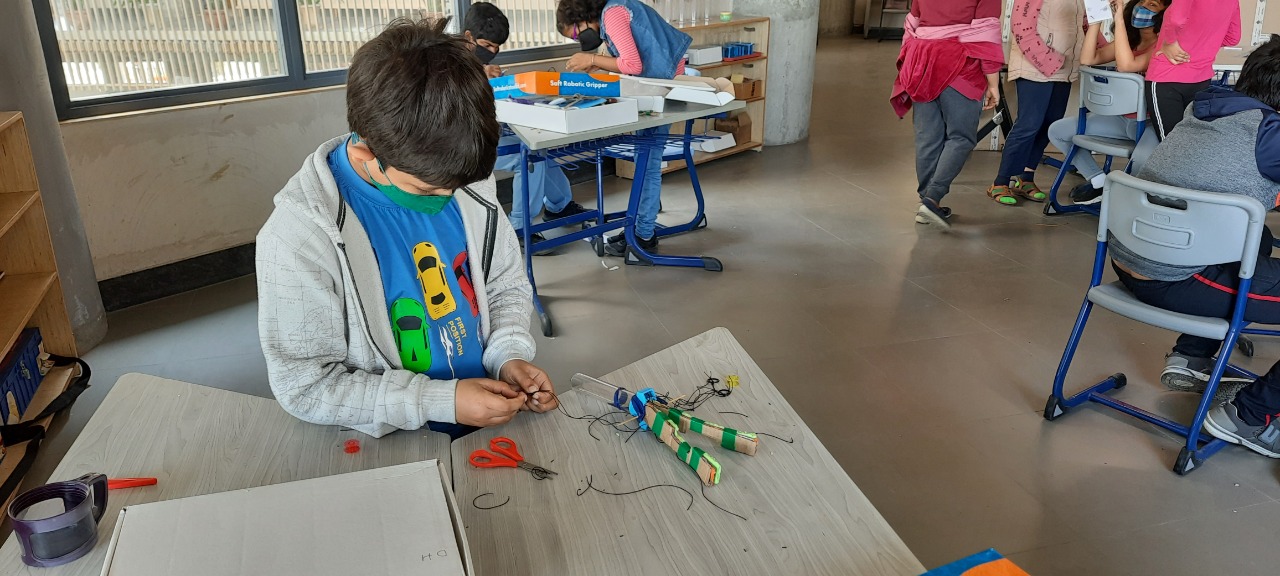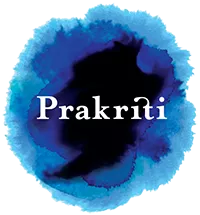
In the age of the internet and fourth industrial revolution when all information is on open sources, communities and automated platforms, deep learning requires more hands-on work than ever before. It is the time for the schools to up the game from experiential learning or projects to Project-based learning in its true essence. At Prakriti, we have started the practice of Personal Projects for all our grades to elevate the co-creation of knowledge and use personal passions to develop skills for active learning.
Project-Based Learning
Project-based learning (PBL) is a student-centred pedagogy that involves a dynamic classroom approach in which it is believed that students acquire a deeper knowledge through active exploration of real-world challenges and problems.
In the traditional teaching method, projects are assigned to the students at the end of the semester which are largely illustrative or a model of something previously learned. While PBL is essentially research-based and demands investigation, the gathering of information, and integration rather than falling onto the preexisting set of knowledge.
By definition, project-based learning entails a pragmatic approach to a real-life situation through a well-thought-out suitable plan specially designed to solve a specific problem. In case it deflects from the expected path, it is analyzed and the individual forges ahead with the revised method.
Personal Projects @Prakriti
Purpose of a personal project is to build an ecosystem for the child for independent learning. As we know that learning is most joyful when it is aligned with the interests of the child. As adults some of us are clear about our passions today but for some who are not, they are advised to go back to their childhood days and remember and think about what they enjoyed the most. Thus, the purity of childhood is the best time to explore one’s passions.
Personal project is also an opportunity for the children to know themselves- to explore what they enjoy doing. For some children it could be furthering what their known interests are and while for others it could be something they are curious about and want to build their knowledge on.
Project Discovery
The learners have been asked to think of topics or research questions for their personal projects and mentors would facilitate a process of self-discovery by asking them the following fundamental questions.
1. Why is the idea personal to you?
The idea should be something that the learner is deeply motivated about.
2. What is the challenge in this idea?
The project should be that which requires significant effort in achieving from where the learner is today. It is a stretch goal.
3. How will you go about learning in this project?
There should be a plan such as consulting people, reading resources or visiting places for gaining information or learning a skill for mastery.
4. How will you demonstrate your learning?
There should be a plan to showcase learning by way of a presentation of learning of a product or a piece of writing say, or even a demonstration of dance where the process of learning can be journaled and presented.
Self reflection
The ultimate objective of a personal project is to develop meta-cognition skills. The learners
should be able to reflect their ability to learn independently, managing time, overcoming difficulties and collaborating with the mentor.
Samples of Personal Projects
Our learners are building “products” or shared knowledge on myriad topics that are all unique, connect with them deeply and useful for the society. Examples are:
- Developing a website to learn western music composition and instrumental music
- Writing a drama script from Greek Mythology
- Profiling the techniques of warfare at Maratha, Mughal and British forces
- Developing simple robots for helping in daily work
- Learning to make local food to preserve family heritage
- Understanding the inspiration of gaming entrepreneurs in Japan
…and many more…
